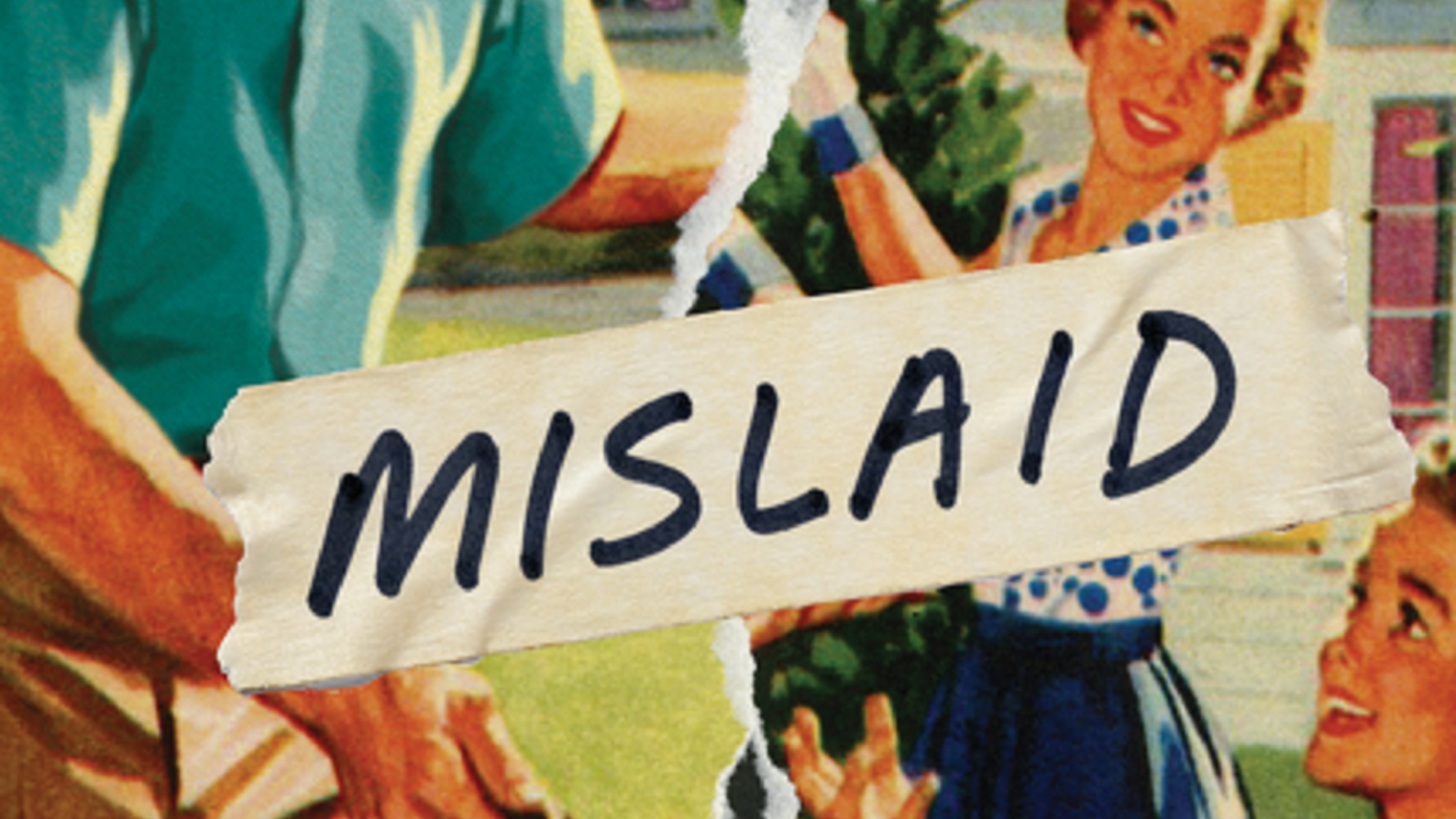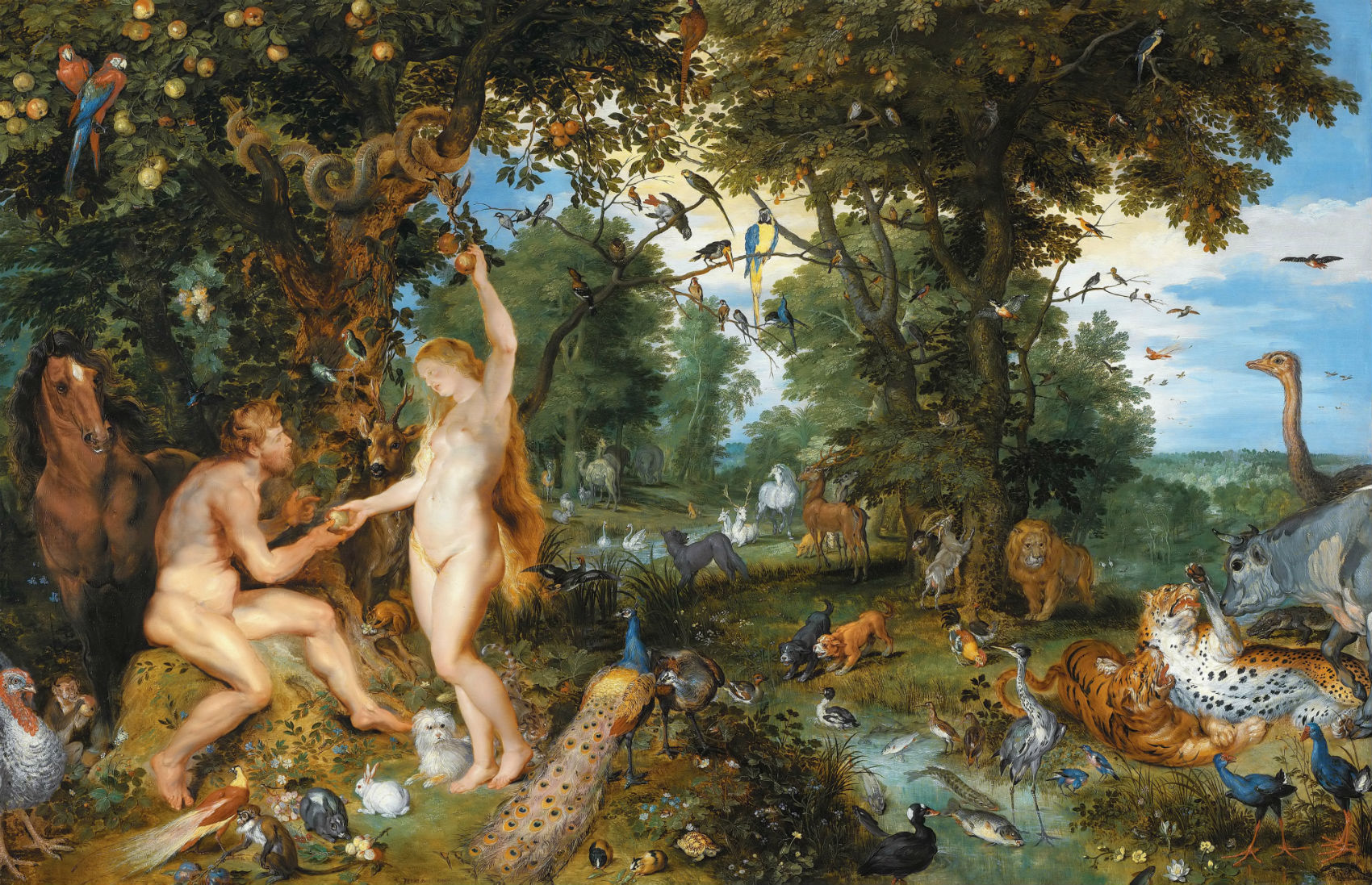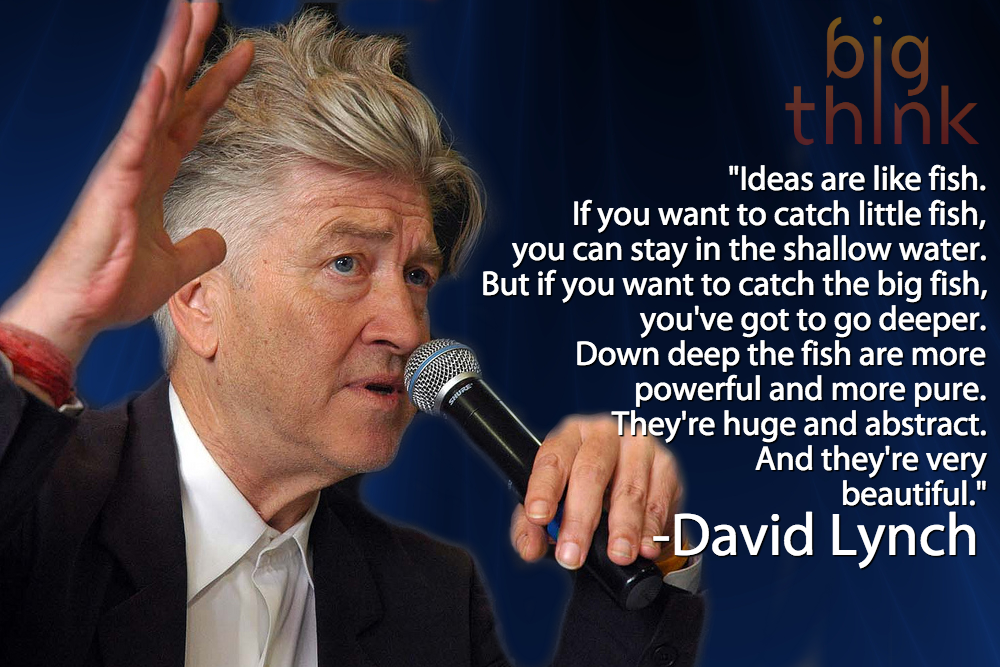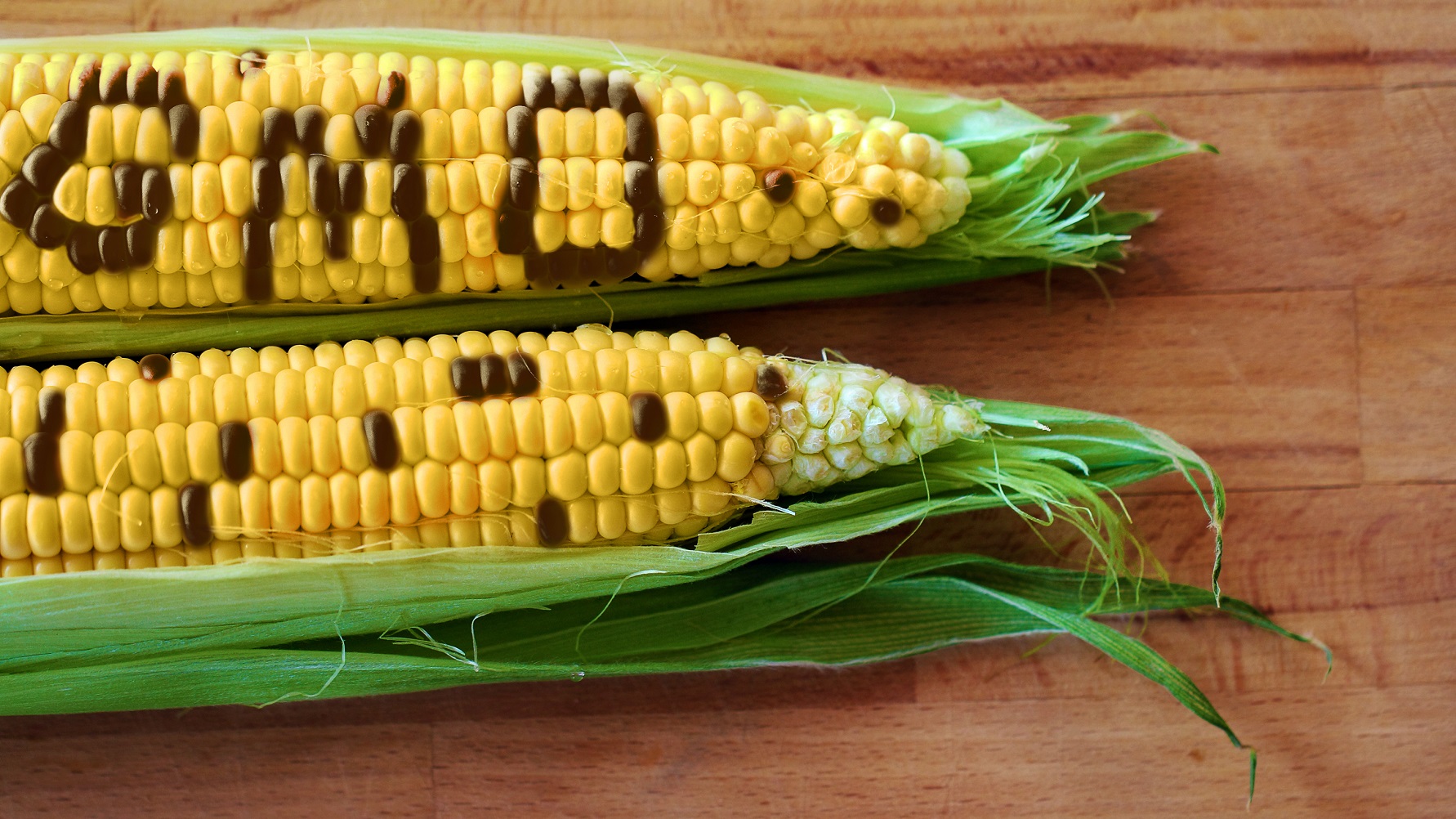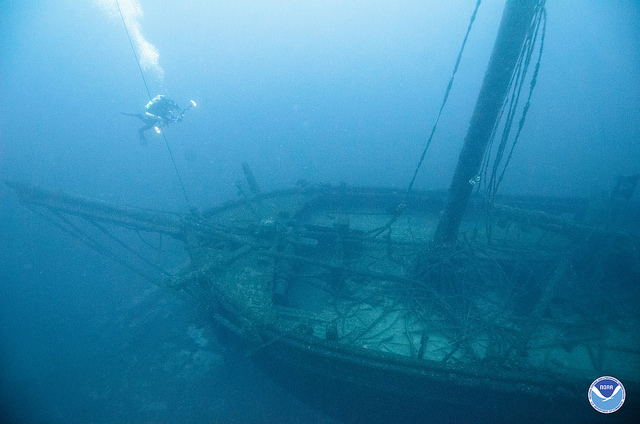A long-lost, completed manuscript belonging to famous children’s author Ted Geisel — better known as Dr. Seuss — is scheduled for release in July 2015.
Search Results
You searched for: Fish
The Seattle Department of Transportation has proposed a $3 billion project that would revamp city roads and improve gridlock. Central to the plan is an interesting twist: no new accommodations are to be made for auto traffic.
Most reporting about risk hypes the danger but doesn’t provide all the information the reader needs to put the actual threat in perspective. So when balanced risk reporting shows up, it should be praised.
How food, art, and design come together to display a beauty rarely seen. “That’s what you get for being food.” –Margaret Atwood As anyone who’s ever played the classic arcade […]
Two recent examples from The New York Times, one from a columnist and one in an editorial, illustrate the danger of news media coverage of risk that is alarmist, incomplete, and inaccurate.
Scientists exploring the Mariana Trench observed on video an unknown fish species living 8,143 meters (26,713 feet) below the surface.
The pope laments the state of the environment, but he also decries the naive central environmentalist belief that humans are separate from nature and the villain in a simple myth of US (humans) against True Nature.
Eating more protein-rich foods can help balance a diet of carbs — to a point. Researchers reveal their findings after a long-term study, observing people’s eating behaviors and how it affects their weight.
When the Whitney Museum of American Art decided to stage in 1948 their first exhibition of a living American artist, they chose someone who wasn’t even an American citizen, but only legally could become one just before his death. Painter Yasuo Kuniyoshi came to America as a teenager and immersed himself in American culture and art while rising to the top of his profession, all while facing discrimination based on his Japanese heritage. The exhibition The Artistic Journey of Yasuo Kuniyoshi, which runs through August 30, 2015 at the Smithsonian American Art Museum in Washington, DC, unveils an amazing story of an artist who lived between two worlds — East and West — while bridging them in his art that not only synthesized different traditions, but also mirrored the joys and cruelties of them.
If Flannery O’Connor somehow birthed the love child of Sid Vicious, she might end up sounding like novelist Nell Zink. Equal parts Southern Gothic’s grotesquely twisted charm and punk and alternative music’s insiderish anti-establishmentism, Zink’s second novel Mislaid will disorient you until you let it delight you. Zink’s mix — which I’ll call Southern Gothic Punk — might be an acquired taste, but a taste well worth experiencing if only to break out of the contemporary rut of MFA-programed, sound-alike fiction that’s become the bubblegum pop of today’s literature.
The results of a new study estimate that 5 to 13 million tons of plastic trash end up in the ocean each year. The empirical evidence has experts wondering where most of it has ended up.
Ideas about religion can be so powerful that people can’t endorse them without giving up a part of their identity. It’s the same thing with diets.
The massive damage humans have done to the natural world has provoked a backlash that could be just as dangerous, or more. There is a growing global rejection of technology and almost anything human-made in favor of whatever is more ‘natural.’ But a simplistic rejection of modern technologies eliminates many of our best options for solving the problems we’ve created.
“Ideas are like fish. If you want to catch little fish, you can stay in the shallow water. But if you want to catch the big fish, you’ve got to go deeper. Down deep the fish are more powerful and more pure. They’re huge and abstract. And they’re very beautiful.”
In 1933, the temperature in the Siberian village of Oymyakon reached a balmy -90ºF/-67ºC, making it the planet’s coldest place. About 500 residents call the village home today.
Engineers at the University of Montana are working to mitigate the impact of roads on wildlife by building overpasses and underpasses that give animals the right of way.
The massive damage humans have done to the natural world has provoked a backlash that could be just as dangerous, or more. There is a growing global rejection of technology and almost anything human-made in favor of whatever is more ‘natural’. But a simplistic rejection of modern technologies eliminates many of our best options for solving the problems we’ve created.
Here’s a fun thought experiment: What would happen if Earth stopped spinning around the sun? Aatish Bhatia from Wired writes on the repercussions as we finish another revolution.
Loneliness isn’t just for the elderly, more adults 18 to 24 report these feelings of isolation, which make people depressed, stand-offish, and untrustworthy. So, how can you cure the lonely?
If your Christmas loot includes new computers, devices, or other gadgets, it’s important not to indiscriminately toss their predecessors in the wastebin.
“I want to work in revelations, not just spin silly tales for money. I want to fish as deep down as possible into my own subconscious in the belief that once that far down, everyone will understand because they are the same that far down.” -Jack Kerouac
If you ever loved something most people didn’t understand, you’ll get it. “Most people are other people. Their thoughts are someone else’s opinions, their lives a mimicry, their passions a […]
The holidays mean feasts with lots of food. But how are we able to eat so much and what makes us crash after we’re full? Biologist, Christina Agapakis, has the answers.
Understanding how science uses certain key concepts can make the difference between parroting pure speculation and taking an evidence-based approach.
After a recent Intelligence Squared U.S. debate the audience turns in their votes as ‘for’ GMOs. But some scientists, like Bill Nye, still aren’t convinced.
How can salmon get upstream when their waters are blocked by dams? You’ve got to see this new innovation! Image credit: William Bain / flickr. “You ain’t supposed to get […]
In 1931, Norway annexed part of Greenland. It could have been the start of a very Cold War indeed.
Described by some as “the salmon cannon,” a suction-based transportation system developed by Whooshh Innovations makes transporting fish incredibly easy.
The potency of the omega-3 vitamin, long thought to be the source of this beneficial effect, is now in doubt…
The website for the Thunder Bay National Marine Sanctuary features an terrific interactive exploration of the region’s many wrecks.








